In recent years, the agriculture sector has witnessed several advancements and innovations aimed at improving efficiency and productivity. One such breakthrough is the development of vegetable seeding machines. These state-of-the-art devices have the potential to revolutionize the way we grow vegetables, providing farmers with an efficient and cost-effective solution for their planting needs. In this article, we will explore the benefits and features of vegetable seeding machines and their potential impact on the agriculture industry. 1. Enhanced Efficiency and Precision: Traditional manual seeding methods can be labor-intensive and time-consuming. Vegetable seeding machines address these challenges by automating the entire seeding process, ensuring accuracy and speed. These machines utilize advanced technologies such as pneumatic seeders and computerized controls, enabling precise placement of seeds at optimal depths and spacing. By eliminating human error and streamlining the planting process, vegetable seeding machines significantly improve efficiency and productivity on farms.
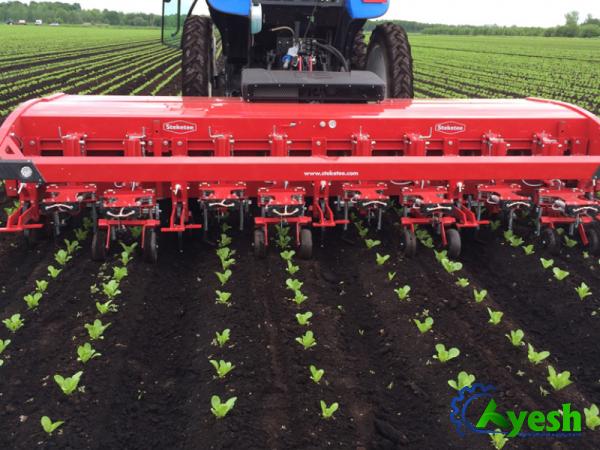
.
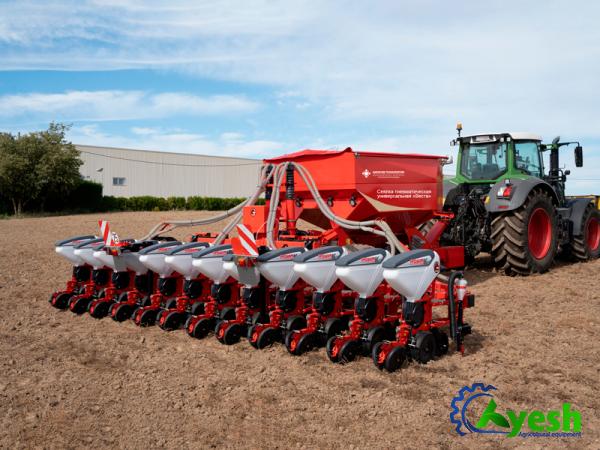 2. Cost Savings and Increased Yields: Using vegetable seeding machines can lead to substantial cost savings for farmers. With traditional methods, the excessive use of seeds may result in unnecessary expenses. However, these machines are designed to accurately distribute the required amount of seeds, minimizing wastage. Moreover, their consistent seed placement and optimal spacing promote healthier plant growth, maximizing the potential yield per acre. By reducing input costs while simultaneously increasing output, vegetable seeding machines enable farmers to achieve higher profitability. 3. Diverse Seed Compatibility: Vegetable seeding machines can accommodate a wide range of seed sizes, shapes, and varieties. From small and uniform seeds like lettuce or cabbage to large seeds like corn or pumpkin, these machines can handle various seed types with ease. This versatility allows farmers to diversify their crops and adapt to market demands, enhancing their agricultural operations’ resilience and sustainability.
2. Cost Savings and Increased Yields: Using vegetable seeding machines can lead to substantial cost savings for farmers. With traditional methods, the excessive use of seeds may result in unnecessary expenses. However, these machines are designed to accurately distribute the required amount of seeds, minimizing wastage. Moreover, their consistent seed placement and optimal spacing promote healthier plant growth, maximizing the potential yield per acre. By reducing input costs while simultaneously increasing output, vegetable seeding machines enable farmers to achieve higher profitability. 3. Diverse Seed Compatibility: Vegetable seeding machines can accommodate a wide range of seed sizes, shapes, and varieties. From small and uniform seeds like lettuce or cabbage to large seeds like corn or pumpkin, these machines can handle various seed types with ease. This versatility allows farmers to diversify their crops and adapt to market demands, enhancing their agricultural operations’ resilience and sustainability.
..
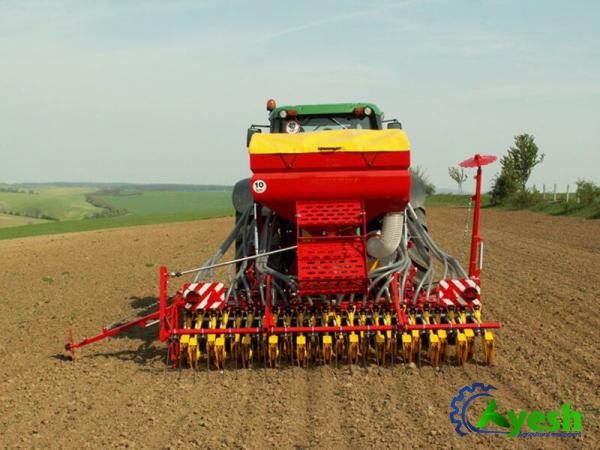 4. Time-saving Capabilities: The time-saving benefits of vegetable seeding machines are invaluable to farmers handling large-scale operations. By automating the planting process, these machines allow farmers to cover more ground quickly. In addition, the ability to program the machines to operate continuously eliminates the need for manual intervention during the seeding process. This time-saving feature enables farmers to allocate their resources efficiently, focusing on other crucial aspects of their operations. 5. Improved Crop Quality: The precise seed placement and consistent spacing achieved by vegetable seeding machines promote better crop growth and overall quality. The machines’ ability to accurately control seed depth ensures uniform sprouting, reducing crop competition and optimizing nutrient absorption.
4. Time-saving Capabilities: The time-saving benefits of vegetable seeding machines are invaluable to farmers handling large-scale operations. By automating the planting process, these machines allow farmers to cover more ground quickly. In addition, the ability to program the machines to operate continuously eliminates the need for manual intervention during the seeding process. This time-saving feature enables farmers to allocate their resources efficiently, focusing on other crucial aspects of their operations. 5. Improved Crop Quality: The precise seed placement and consistent spacing achieved by vegetable seeding machines promote better crop growth and overall quality. The machines’ ability to accurately control seed depth ensures uniform sprouting, reducing crop competition and optimizing nutrient absorption.
…
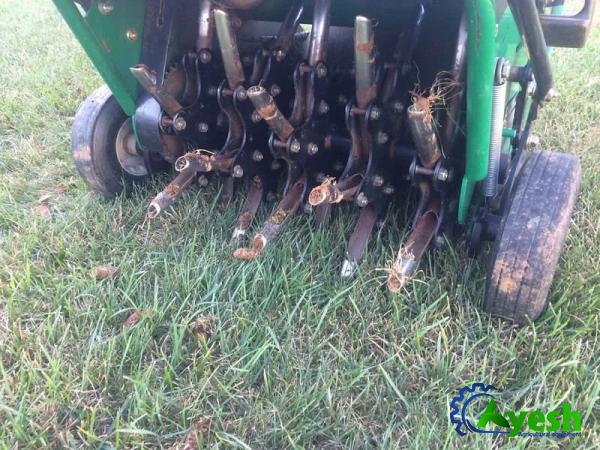 Moreover, precise spacing allows for better airflow and sunlight penetration, reducing the risk of diseases and enhancing crop health. These benefits not only contribute to higher yields but also improve the aesthetic appeal and marketability of the vegetables produced. Conclusion: As the demand for sustainable and efficient agricultural practices continues to rise, vegetable seeding machines offer an innovative solution that addresses the challenges faced by farmers. The enhanced efficiency, precision, cost savings, and increased yields provided by these machines are poised to revolutionize the way we grow vegetables. By leveraging technology to automate the seeding process, farmers can elevate their productivity, profitability, and ultimately contribute to meeting the world’s growing food demands. Embracing vegetable seeding machines is a step forward towards a more sustainable and prosperous future in the agriculture sector.
Moreover, precise spacing allows for better airflow and sunlight penetration, reducing the risk of diseases and enhancing crop health. These benefits not only contribute to higher yields but also improve the aesthetic appeal and marketability of the vegetables produced. Conclusion: As the demand for sustainable and efficient agricultural practices continues to rise, vegetable seeding machines offer an innovative solution that addresses the challenges faced by farmers. The enhanced efficiency, precision, cost savings, and increased yields provided by these machines are poised to revolutionize the way we grow vegetables. By leveraging technology to automate the seeding process, farmers can elevate their productivity, profitability, and ultimately contribute to meeting the world’s growing food demands. Embracing vegetable seeding machines is a step forward towards a more sustainable and prosperous future in the agriculture sector.
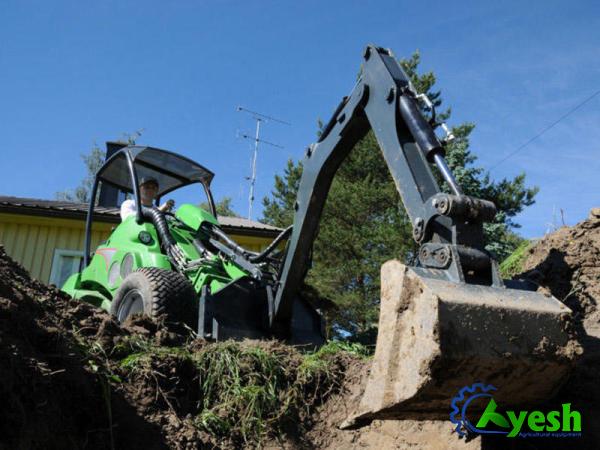
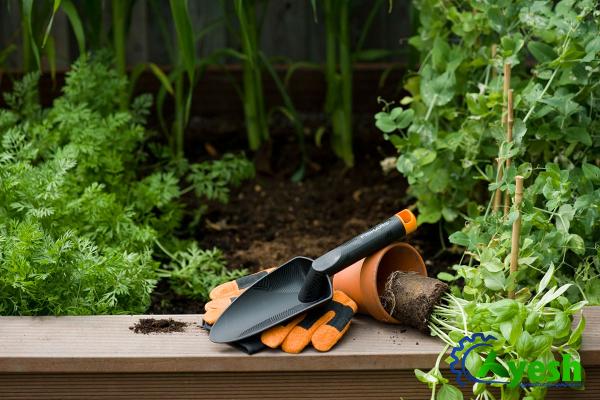
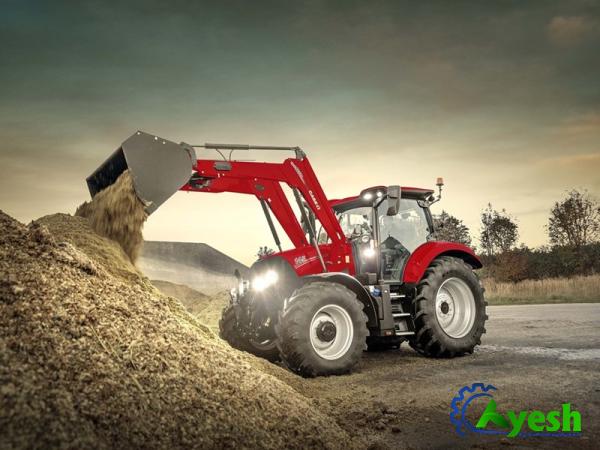

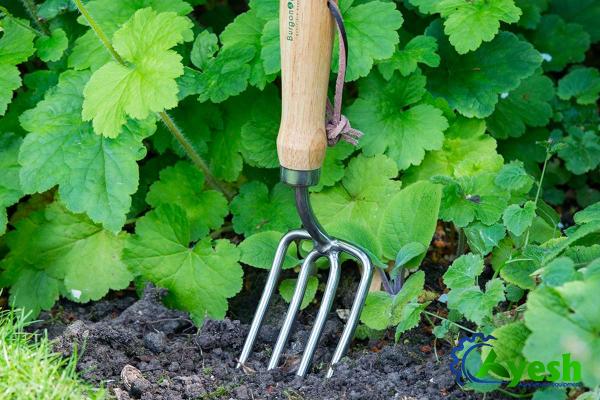

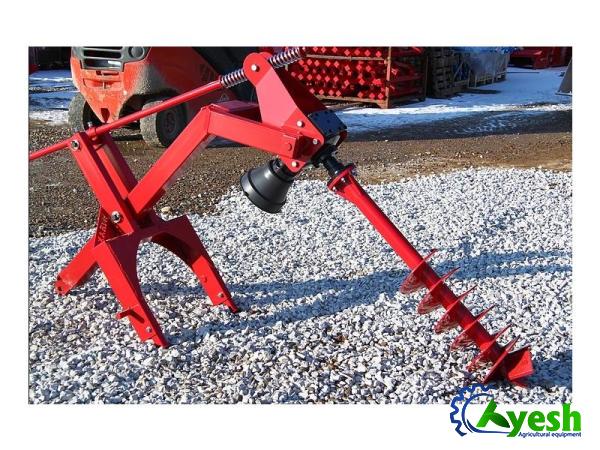
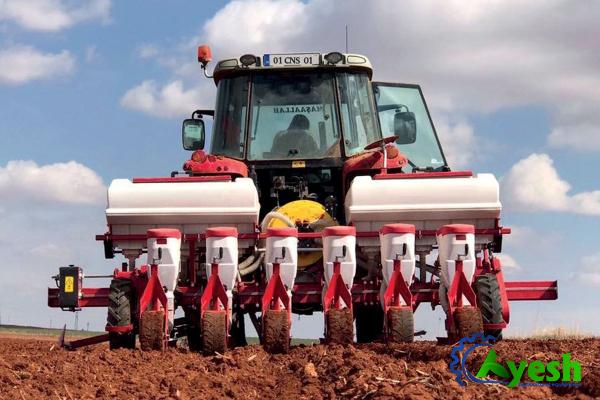

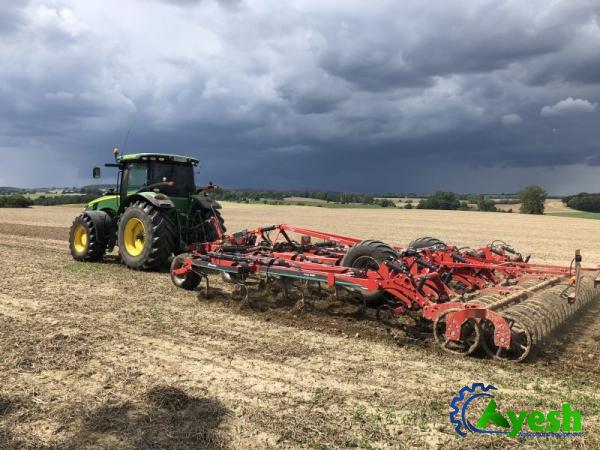
Your comment submitted.